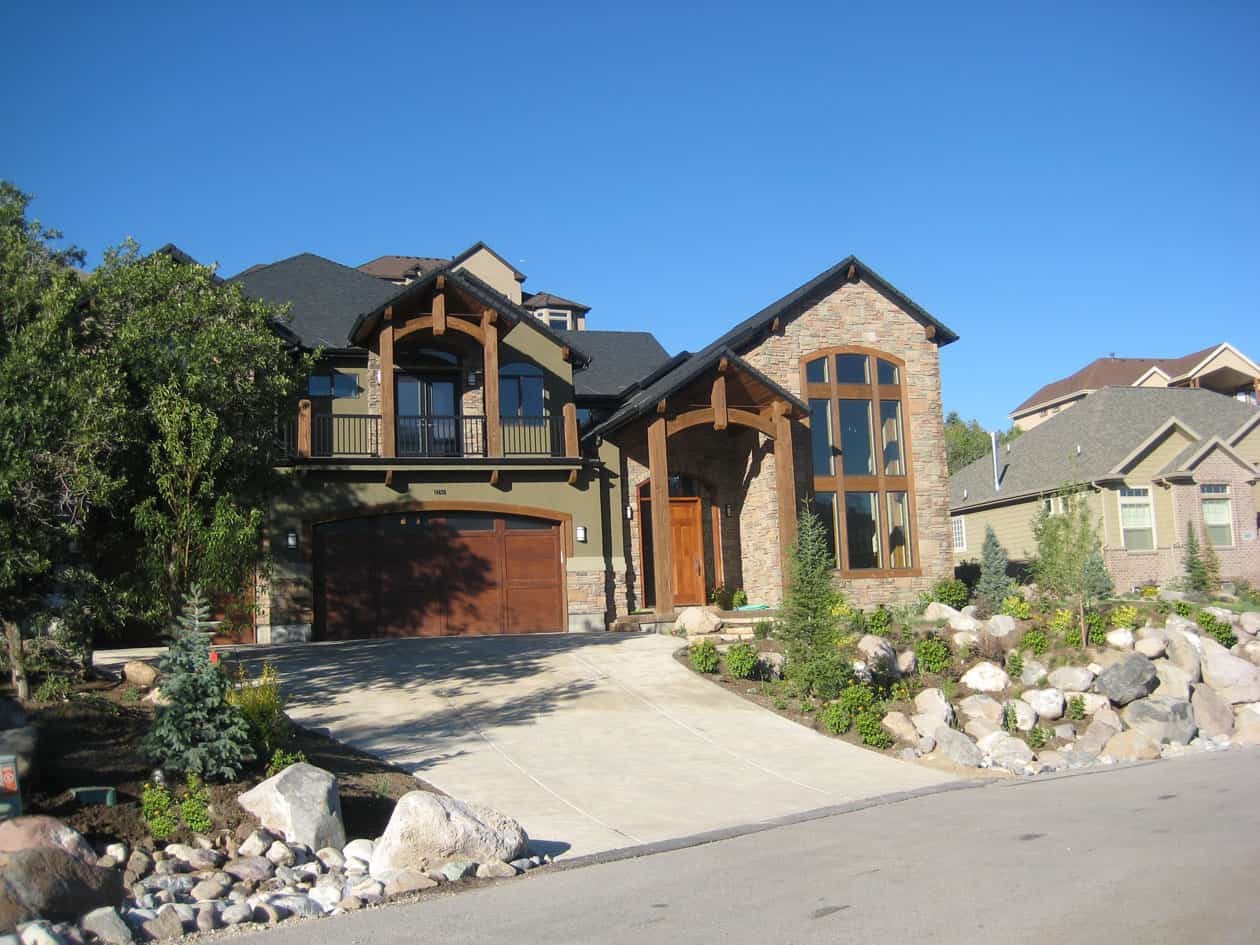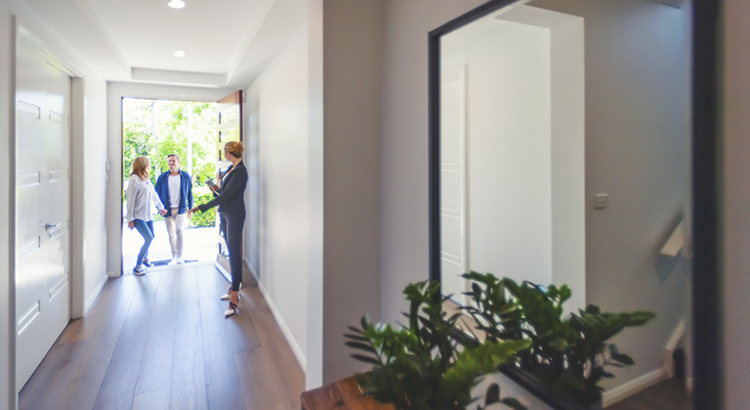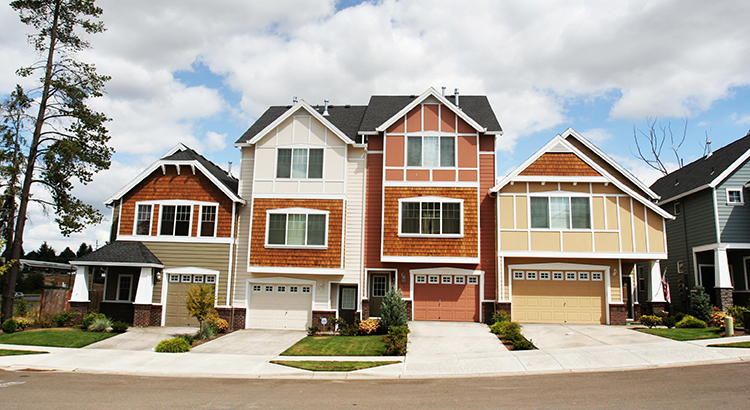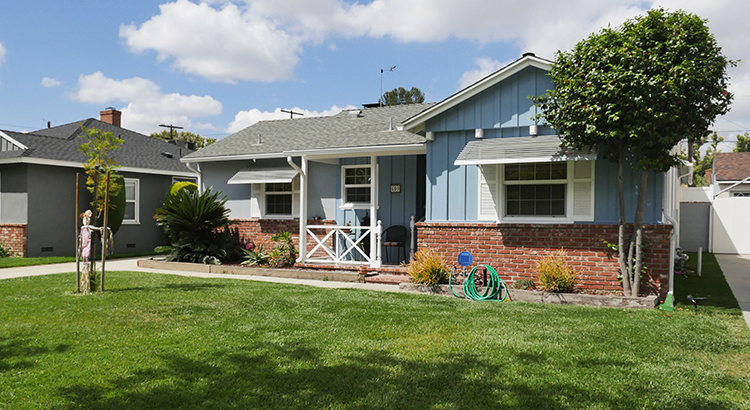
Capital gains and your home sale
When you sell your primary residence, you can make up to $250,000 in profit if you’re a single owner, twice that if you’re married, and not owe any capital gains taxes.
When the Taxpayer Relief Act of 1997 became law, the rollover or once-in-a-lifetime options were replaced with the current per-sale exclusion amounts.
You don’t have to buy another home with your sale proceeds. You can use the money as you wish.
Better yet, there’s no limit on the number of times you can use the home-sale exemption. In most cases, you can make tax-free profits of $250,000, or $500,000 depending on your filing status, every time you sell a home.
Qualifying Requirements:
- First, the property you’re selling must be your principal residence. That means you live in it. This tax break doesn’t apply to a house or other property that you have solely for investment purposes. In those cases, the usual capital gains rules apply.
- You also must live in that principal residence for 2 of the 5 years before you sell. This is known as the use test. It also means, practically speaking, each sale must be at least 2 years apart.
- That still leaves you room to make some money on several properties. You can sell your residence this year, pocket any gain within the tax limits and buy a new residence. Then 2 years later, you can do the same thing, again and again, every 2 years.
It’s just about that easy.
Shameless disclaimer: I am not a tax attorney, accountant or CPA. Always seek the property authorities for the proper
advice. Until then this will have to do.
Marty Gale

Is the Shifting Market a Challenge or an Opportunity for Homebuyers?
Is the Shifting Market a Challenge or an Opportunity for Homebuyers?If you tried to buy a home during the pandemic, you know the limited supply of homes for sale was a considerable challenge. It created intense bidding wars which drove home prices up as buyers...

3 Graphs To Show This Isn’t a Housing Bubble
3 Graphs To Show This Isn’t a Housing Bubble With all the headlines and buzz in the media, some consumers believe the market is in a housing bubble. As the housing market shifts, you may be wondering what’ll happen next. It’s only natural for concerns to creep in that...

Why the Forbearance Program Changed the Housing Market
Why the Forbearance Program Changed the Housing Market When the pandemic hit in 2020, many experts thought the housing market would crash. They feared job loss and economic uncertainty would lead to a wave of foreclosures similar to when the housing bubble burst over...

